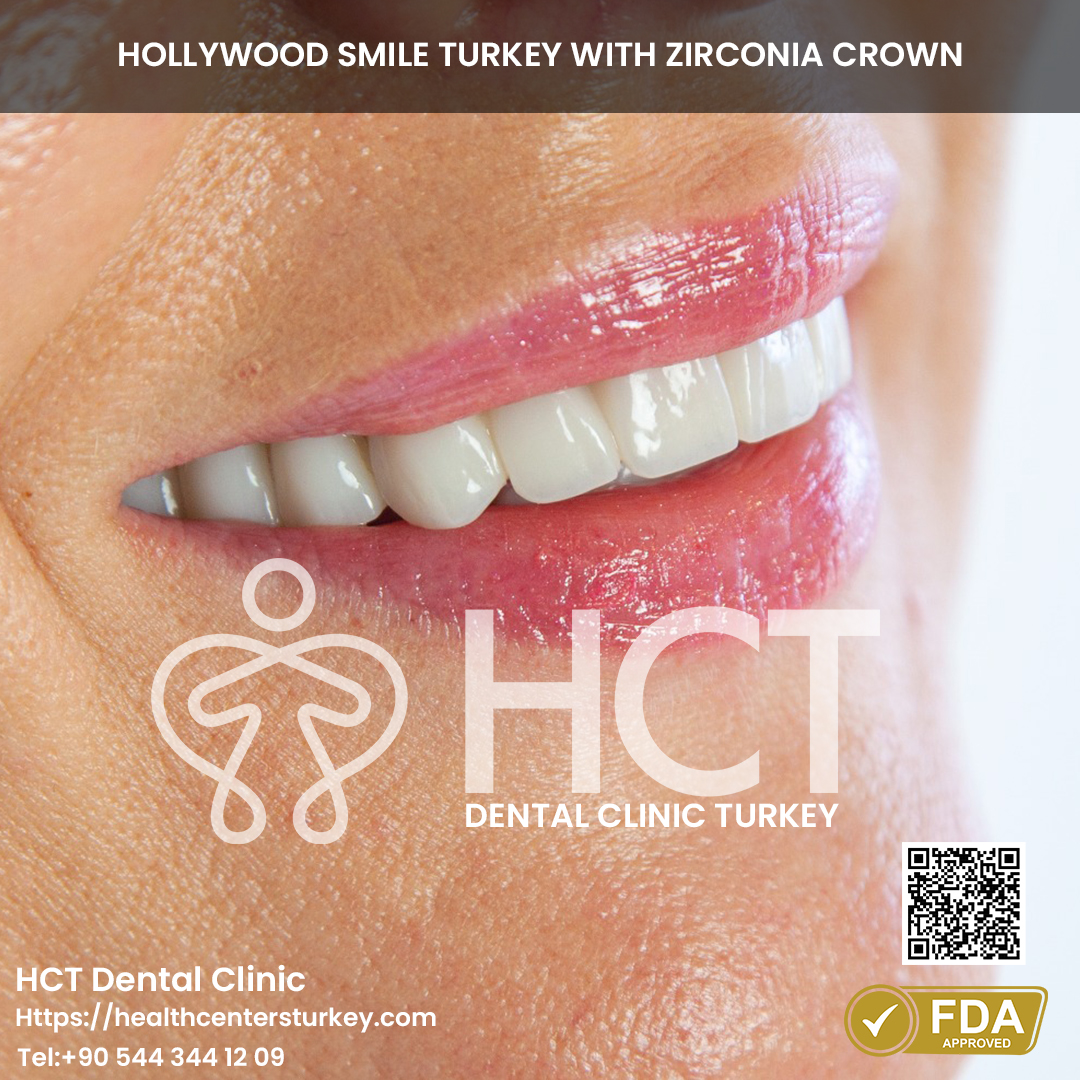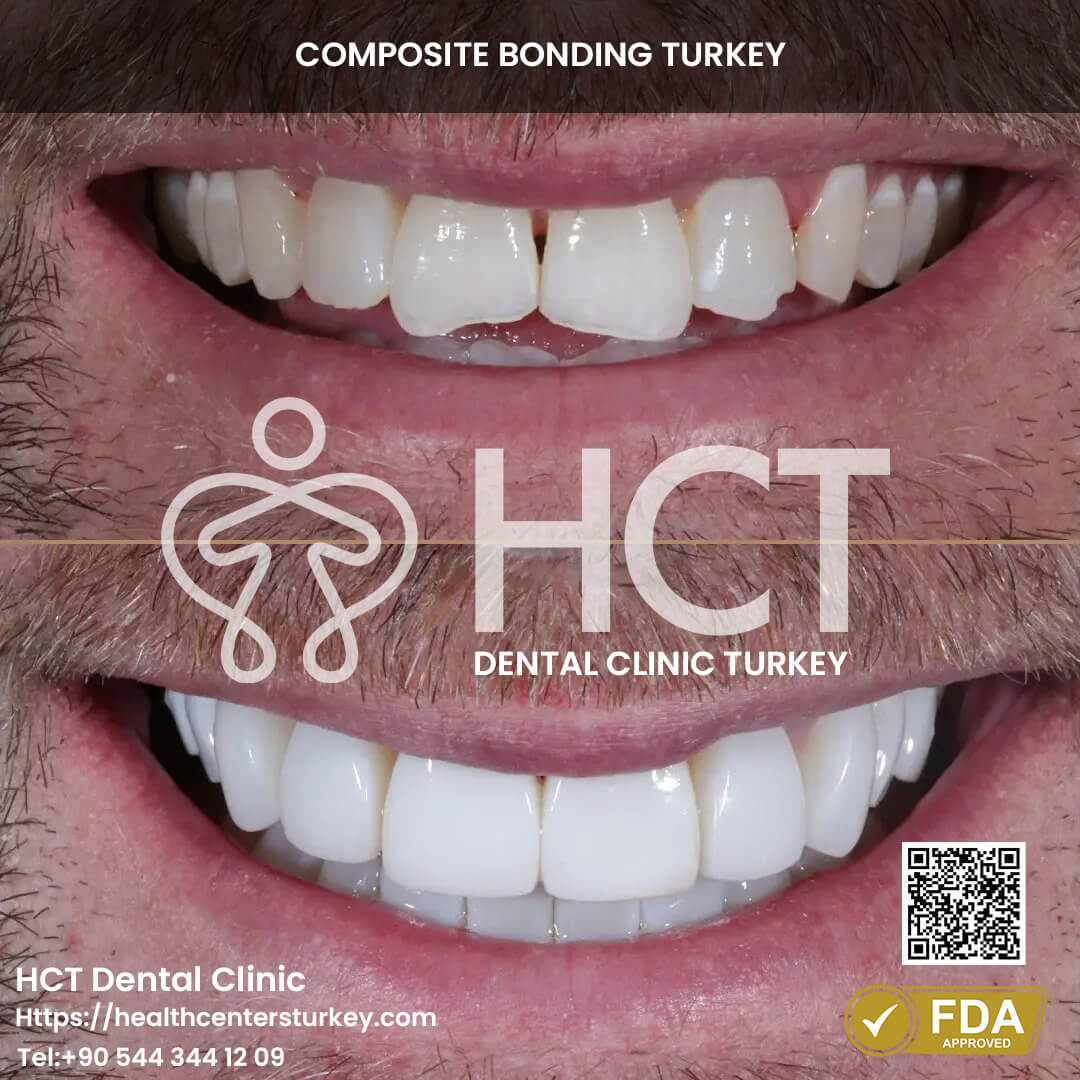Tips for Dental Procedures in Turkey
Tips for Dental Procedures in Turkey
Blog Article
Discover the Latest Dental Technologies Available in Turkey

Dental implants have turn into a focal point in modern dentistry, offering a dependable answer for these dealing with tooth loss. Among the multiple advantages they offer, one important aspect price contemplating is their influence on adjacent teeth. Understanding how dental implants affect surrounding teeth aids in making knowledgeable selections about oral health.
When a tooth is lost, neighboring teeth can easily shift towards the space left behind. This movement can result in misalignment, which compromises the general chunk and function of the mouth. Dental implants mimic natural tooth roots, thereby maintaining the position of adjacent teeth.
Complete Oral Care for Your Perfect Smile
The stability provided by an implant is essential, as it helps in preserving not simply the bodily alignment but also the structural integrity of the jawbone. When a tooth is missing, the underlying bone can begin to deteriorate due to lack of stimulation. An implant exerts strain on the bone throughout chewing, similar to a natural tooth, which promotes bone health.
In some instances, a bridge or partial denture may be considered as an alternative selection to implants. While these choices may restore some performance, they'll place additional stress on neighboring teeth. Bridges usually require filing down the encircling teeth to accommodate the anchors, thereby affecting their health over time. Dental implants, then again, do not alter present teeth, making them a extra conservative alternative.
Quick Care Services for Time-Conscious Visitors
Hygiene becomes one other crucial issue when considering adjacent teeth within the context of implants. With dental implants, the person can preserve a regular hygiene routine just like natural teeth. Flossing and brushing across the implant are straightforward, ensuring that the gum tissue remains wholesome and minimizing the risk of gum disease that might adversely affect adjacent teeth.
Moreover, the materials utilized in dental implants are biocompatible. This means they are designed to integrate nicely with the body, reducing the probabilities of an antagonistic reaction. This attribute not only makes the implant safe but also protects close by teeth from potential points that might arise due to contamination or infection.
In terms of aesthetics, dental implants offer a natural look and feel, closely resembling unique teeth. Adjacent teeth benefit from this aesthetic appeal as nicely. When an implant is positioned, the encompassing gum tissue may be formed to imitate natural contours, thereby enhancing the overall appearance of the smile. This aesthetic issue can encourage people to invest in their oral care routines, benefiting each the implants and adjacent teeth in the long term.
Investigate Your Options for Implant Procedures
Another concern is the potential for gum disease, which can have an result on the health of adjacent teeth. Gum disease can happen when plaque builds up round teeth and implants. Regular dental visits and applicable oral hygiene can mitigate this concern. The presence of implants can even function a motivator for higher dental hygiene practices, as individuals become extra aware of maintaining their total mouth health.
Studies have shown that dental implants can contribute to a significant improvement in quality of life. Patients often experience increased confidence and are much less hesitant to smile or have interaction in social interactions. A wholesome and well-maintained smile not directly promotes higher look after adjacent teeth, as individuals tend to become more conscious of their total oral hygiene.
One often-overlooked facet is the psychological influence of dental implants on patients. Knowing that implants provide long-term options can ease the nervousness associated with tooth loss. With fewer worries about future tooth shifts, patients usually tend to invest effort and time into caring for his or her teeth, which includes adjacent teeth.
In conclusion, dental implants function more than just a answer for missing teeth; they play a pivotal position in maintaining the health and integrity of adjacent teeth. From stopping misalignment to promoting gum health and enhancing aesthetics, the advantages are manifold. By opting for implants, individuals can't only restore functionality but additionally foster a healthier oral setting for navigate to these guys surrounding teeth. The psychological and aesthetic benefits further contribute to an general enhanced quality of life.
Competitive Teeth Brightening Treatments to Enhance Your Smile
In the long run, understanding how dental implants affect adjacent teeth can information individuals in making empowered selections relating to their dental health. The integration of those implants into the mouth acts as a stabilizing pressure, safeguarding each the physical alignment and performance of neighboring teeth, whereas promoting a long-lasting, wholesome smile.
- Dental implants sometimes don't exert strain on adjacent teeth, maintaining their integrity and decreasing the risk of shifting or misalignment.
- The placement of an implant typically encourages better oral hygiene habits, positively influencing the health of adjacent teeth via improved cleaning practices.
Obtain Budget-Friendly Oral Health Work that Meet Your Needs in Turkey
- In some cases, dental implants can stimulate the encompassing bone, which helps preserve the natural teeth's place and overall dental structure.

- The gap left by missing teeth can lead to bone loss; dental implants can prevent this, thereby protecting adjacent teeth from potential complications.
- Take Advantage of Luxury Dental Care in Turkey with Competitive Prices
Enhance Your Smile through Cosmetic Dentistry
- By restoring the perform of a missing tooth, implants help distribute bite forces evenly, decreasing wear and stress on neighboring teeth.

- Properly positioned dental implants can act as a help structure, stopping undesirable motion of adjacent teeth ensuing from tooth loss.
- The presence of an implant might enhance the aesthetic appearance of surrounding teeth by filling in gaps and supporting facial structure.
Complete Aesthetic Dental Services located in Antalya
- Dental implants get rid of the need for adjacent teeth alteration, unlike bridges, which require reshaping the nearby teeth for support.
- Implants also reduce the chance of gum disease in comparison with other tooth replacement options, indirectly benefiting adjacent teeth by selling overall oral health.
Dental Travel: Experience Affordable Care in Turkey.
- Long-term success of dental implants is linked to the health of surrounding teeth, emphasizing the importance of regular dental check-ups and maintenance.
How do dental implants affect adjacent teeth?
Leading Implant Services Available in Turkey
What are dental implants and how do they work with adjacent teeth?undefinedDental implants are artificial tooth roots placed into the jawbone to support replacement teeth. They don’t have an effect on adjacent teeth directly, as they are impartial constructions. Instead, they may help preserve the integrity of surrounding teeth by stopping bone loss.
Can dental implants cause injury to adjacent teeth?undefinedIf placed correctly, dental implants mustn't hurt adjacent teeth. However, improper placement can result in issues like misalignment or strain, emphasizing the importance of selecting an skilled dental professional.
Will dental implants promote bone growth around adjacent teeth?undefinedYes, dental implants assist stimulate the jawbone, which might encourage bone development. This can profit adjacent teeth by maintaining bone density and stability in the space.
Transform Your Smile with Innovative Dental Practices in Turkey
Should I fear about gum disease affecting adjacent teeth after getting an implant?undefinedGood oral hygiene is essential after getting an implant. Gum disease can still affect adjacent teeth, but a correctly maintained implant does not enhance that risk. Regular dental visits may help monitor and keep gum health.
What occurs to adjacent teeth if I lose a dental implant?undefinedIf a dental implant fails or is lost, adjacent teeth may shift because of adjustments in chew alignment and support structure. This may result in misalignment or additional tooth loss if not addressed.
Are there any special care necessities for adjacent teeth after getting implants?undefinedMaintaining good oral hygiene practices, together with regular brushing, flossing, and dental check-ups, is crucial for each dental implants and adjacent teeth to prevent decay and gum disease.
Enhance Your Well-Being with Quality Dental Care
Do dental implants help assist adjacent teeth when chewing?undefinedAbsolutely. Implants can improve overall chunk perform, which can alleviate stress on adjacent teeth throughout chewing. This can lead to higher distribution of forces, promoting oral health.
How can I prevent complications with adjacent teeth and implants?undefinedConsistent dental care, together with skilled cleanings and examinations, find regular brushing and flossing, and following your dentist’s aftercare directions, are key to preventing issues.
Can adjacent teeth move if I even have a dental implant?undefinedAdjacent teeth could move if they aren't well-supported, especially after tooth loss. A dental implant helps preserve the structure, decreasing the risk of shifting teeth. Report this page